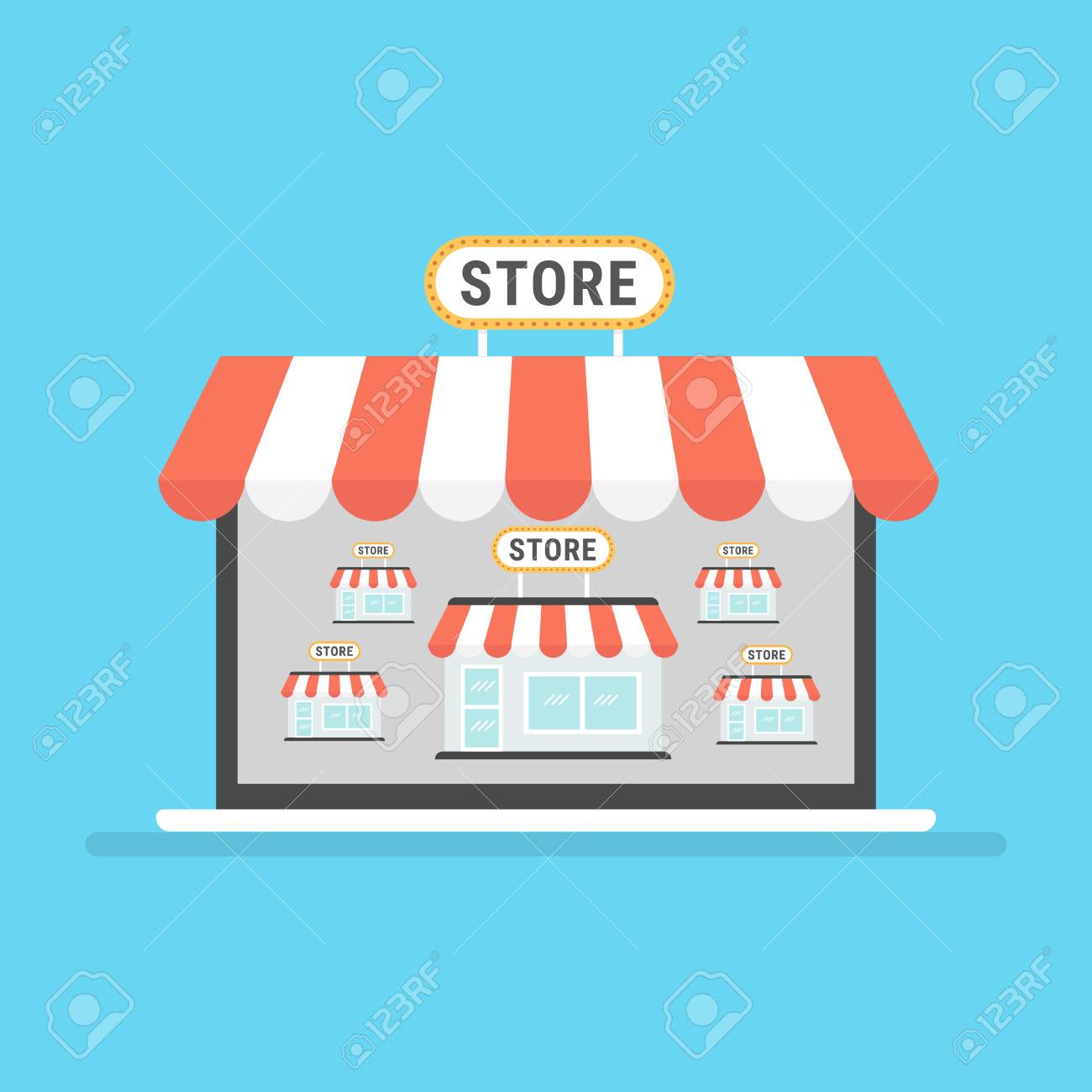Ecommerce, WooCommerce
Multivendor Marketplace: what are the benefits?
Selling online, how to do it? What are the advantages of a Multivendor Marketplace?
To sell online and increase turnover we can follow two paths: open an E-Commerce or use marketplaces as a sales channel.
A marketplace is a website that groups the products of different sellers and / or different “online stores”, therefore not to be confused with private E-Commerce.
Marketplaces are platforms that connect both parties: those who want to sell with those who want to buy.
There are hundreds of examples, but some of the most representative could be Amazon, eBay, Alibaba, Etsy or Airbnb.
The marketplaces can be vertical, or treat a single category of products (for example, Zalando which deals only with clothing), or horizontal with different types of products (Amazon or eBay).
Multi Vendor Marketplace: how does it work?
Multivendor Marketplaces are an intermediary that works in a similar way to a shopping center.
These platforms make the interaction between customers and suppliers much more convenient and simple.
The marketplaces act as a virtual “showcase”, within which many products and services are presented.
These platforms generally provide the supplier with everything necessary for the sale: product sheets, analysis tools, paid advertising, technical support and so on.
Why sell through a Multivendor Marketplace?
Market research reports very interesting data regarding the consumption habits of online shoppers.
Consumers first search for products on marketplaces, then on reseller sites and, finally, on search engines.
These are researches aimed at purchasing and not information searches on the product.
In most cases, the consumer looking for multivendor marketplaces is a user with a strong propensity to buy.
The marketplace model offers numerous advantages over traditional distribution and direct sales.
Online Marketplaces platforms interfere with the traditional retail model by replacing it with a more direct relationship between buyer and seller.
The presence on the marketplaces strengthens the brand, captures more customers and produces more sales.
The proper functioning of a marketplace does not depend only on sellers and buyers, but there are dozens of agents entering the process.
Multivendor Marketplace: what are the types?
Depending on the type of offer, marketplaces may vary:
- Product marketplaces (eBay, Amazon)
- Marketplaces of services (Reservation, AirBnBnB)
- Working marketplaces (Infojobs)
- Platforms dedicated to price comparison (Skyscanner) and ad grouping.
Marketplace for the buyer: what are the advantages?
Marketplace platforms are very convenient for the buyer:
- they have access to fairly comfortable and safe purchasing conditions. Many people have more confidence in the more popular marketplaces than in an unknown E-Commerce,
- allow you to find a wide variety of products or services in one place. You can easily find the products you need, filter them and compare prices in an absolutely convenient way,
- they bring together the entire range of products in one place and show us the best offers at a glance.
Marketplace for sellers: what are the benefits?
For sellers, the main advantage is the possibility of accessing a much higher level of traffic than its own E-Commerce, both nationally and internationally.
The sale of products and services through marketplaces allows you to access a new sales channel and position yourself as a leader in a specific product or service.
The reputation of the seller on the Marketplace platform is fundamental since they deal with many “secondary” aspects, such as payment, the UX, etc.
Selling on marketplaces allows you to immediately internationalize a sales experience.
For each country, you can choose the best performing marketplace for your product category.
Starting from the unique product code, the same products sold in other countries are found and you have an immediate view of the sales prices.
How to sell online through a Multivendor Marketplace?
The sales processes within the marketplaces are attributable to the following:
- the retailer lists the products as a third party seller on the marketplace,
- the buyer purchases the product on the marketplace from the seller,
- the third party seller sends the purchased product directly to the buyer.
Depending on the marketplace, the seller pays the marketplace through a deduction on what has been collected.
In any case, the seller is always responsible for the goods sold.
Certain marketplaces give you the opportunity to become a first-party seller, that is, a seller who sells the goods directly to the platform.
Marketplace: how does it generate profits?
A Markertplace platform generates the following profits:
- Commissions per order,
- Logistics and delivery services
- Advertising services (sponsored ads, banners for external URLs, etc.)
- Commissions of the buyer.
Selling a Multivendor Marketplace: is there a need for a VAT number?
Is it necessary to have a VAT number to sell on a Marketplace platform?
It all depends on the occasionality or otherwise of our sales: for occasional sellers, a simple receipt will be enough to declare among the different income in UNIQUE.
If the business activity is carried out continuously, it is necessary to open the VAT number, perfect the registration in the Companies Register and INPS.
Multivendor Marketplace: Conclusions
Relying on a marketplace platform is a valid strategy that allows you to improve visibility quickly.
Furthermore, it is the perfect commercial strategy for those who need to test a market (both local and international) and want to try to sell immediately, saving themselves from excessive investments in marketing.
Multivendor Marketplace platforms invest a lot in advertising and their pages are always at the top of the search engine lists, facilitating the contact between merchants and potential customers.
Thanks to specific dedicated tools and plugins, it is possible to manage in a simple and effective way all that concerns the logistical aspects: orders, payments, transport, shipments, returns, etc.
Marketplace platforms provide members with a series of tools to control the number of accesses and sales, as well as some extra utilities included in premium paid packages.


